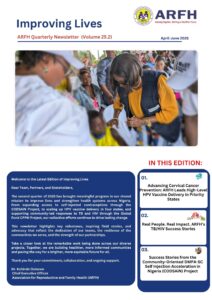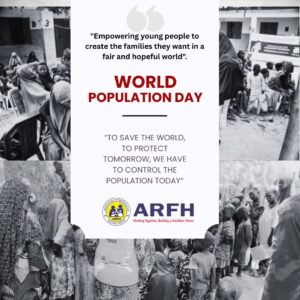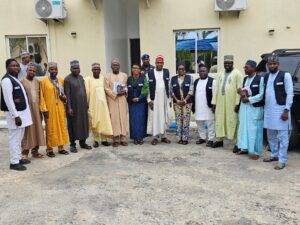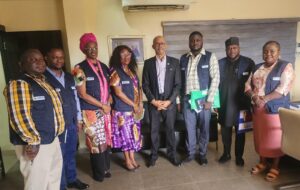By Atibioke, O.P, Oladeji, A.O, Ojomo, O.A, Uzuegbunam, E.E, Biddy, O, Ehimatie, B.A, Hassan, A.O, Osinowo, K and Ladipo, O.A
Background
The National Council on Education approved the implementation of Family Life and HIV Education (FLHE) in Nigerian schools during the 49th Council meeting in 2002. It was believed that targeting upper primary and secondary school students with HIV prevention information would empower children and adolescents with prevention information and life skills, therefore provide window of opportunity for the reversal of the spread of the virus. Since then, there has been support from different partners and government to states to implement the curriculum in Nigerian schools. A major challenge that has bedevilled implementation of this curriculum has been that of weak implementation structure and coordination at different levels. The Global Fund therefore supported the country in strengthening the implementation structure of the FLHE in its Round 9 grant.
Description
In order to overcome the weak coordination challenge, Association for Reproductive and Family Health, the Principal Recipient of the Global Fund to fight HIV/AIDS in Nigeria, strengthened the Federal Ministry of Education (FME) to establish a Project Advisory and Advocacy Committee (PAAC) comprising all key stakeholders in each state to oversight on another committee – the Project Management Team (PMT) comprising the FLHE desk officer at the Ministry of Health, the desk officer in the State Primary Education Board (SPEB) as well as a consultant from the civil society. This PMT is responsible for the day to day running of the grant.
Result
The engagement of PAAC led to the provision of enabling environment and mobilization of further resources within states for training more teachers. Ensuring desk-officers of Ministry of Education (MoE) and State Universal Basic Education Board (SUBEB) with a Civil Society Organisation (CSO) formed the PMT promoted public-private-partnership and reduced the usual rivalry between the SUBEB and MoE FLHE desk.

Recommendation
There is a need to sustain these structures at the states level if enabling environment and resource mobilization is to be guaranteed in implementing FLHE in Nigeria.




